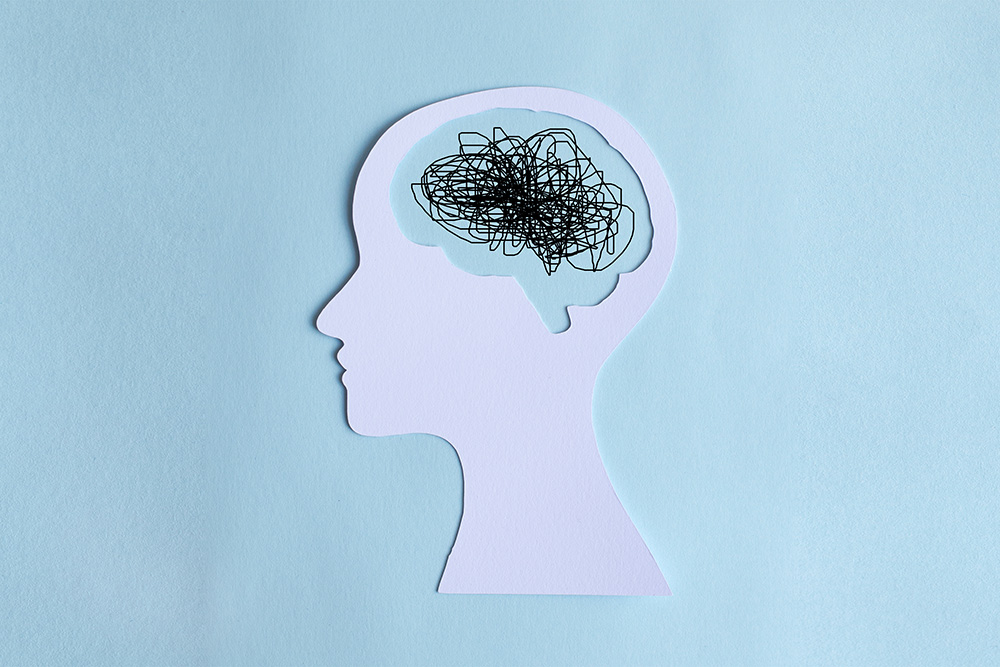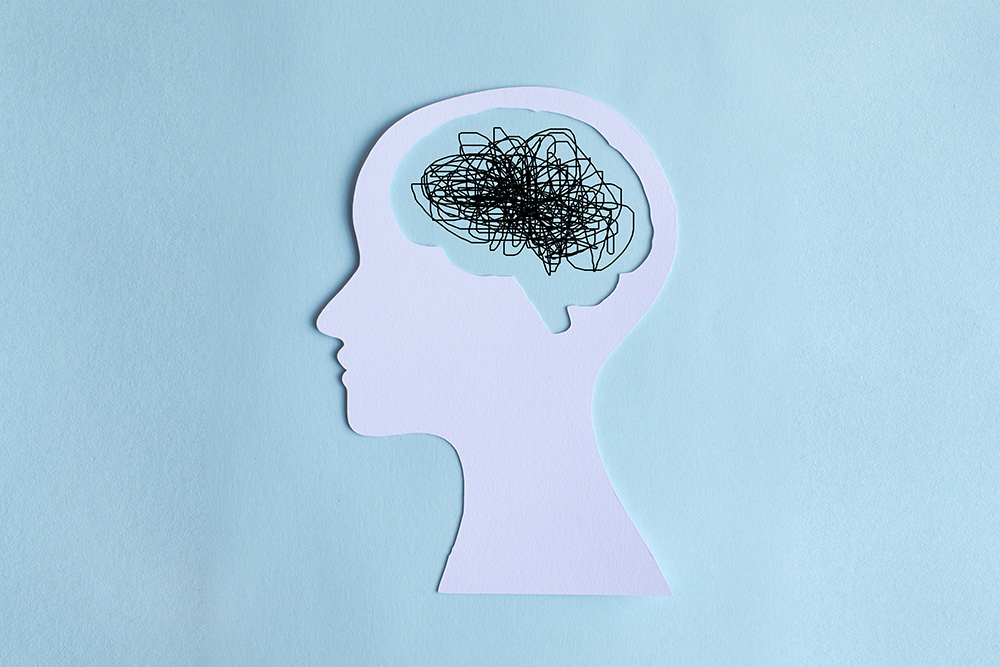
无论从哪个方面来讲,2020年都是充满坎坷的一年。尽管它可能还无法与一些悲剧年份相提并论,例如1943年(纳粹大屠杀以及二战的高潮阶段)、1348-49年(黑死病肆虐顶峰阶段),或536年(超级火山爆发引发了遮天蔽日的雾霾和大范围的饥荒),然而,能够将2020年与横跨两个世纪的人类历史之悲剧年份相比这个事实便说明了一定的问题。此外,2020年依然还剩下三个月的时间。
尽管2020年从客观上来讲并不是一个好年份,但心理学认为,人们对2020年的记忆依然有好转的希望。这里倒是存在一种病态的可能性:未来更加糟糕的年份会让2020年看起来不那么痛苦。即便抛开这一点不谈,我们所有人对2020年的记忆可能依然有回转的余地。原因何在?
人们对过去经历的“快乐评估”——也就是人们对积极和负面经历的判断——并没有什么简单规则可供遵循。例如,科学家发现,当人们从休假归来之后,他们记忆中的快乐感与自己在整个旅途中经历的“平均”或“总的”愉悦感(或痛苦)没有密切的关联。反而,他们对假日的快乐评估集中体现的是假日期间最好与最坏经历的综合体验,以及假日结束之时体验的好坏与否。
我们在评判体验时所使用的“高潮-结束法则”最先由诺贝尔奖得主丹尼尔·卡内曼及其同事提出。高潮和结束时的体验对体验评估有着不成比例的影响,主要原因在于我们所称的“情节记忆”现象:当回忆一段近期的经历时,我们会专注于特定的“剧集”或者时刻,而不是整个经历。此外,正如你所预料的那样,我们首先想到的是最强烈以及最近的时刻。
当然,对大多数人来说,2020年基本与度假无缘,但我们也可以将这种高潮-结束法则应用于一些令人不适的经历。例如,一项研究将肠镜检查病患不适感的实时报告(每60秒记录一次)与那些在肠镜检查结束后病患的经历回忆进行了对比。在肠镜检查期间,每分钟所体验的疼痛平均值为3.1(范围从0-10),但几乎所有的病患都出现了5-10之间的峰值时刻疼痛值(峰值疼痛平均值为7.7)。
在肠镜检查结束后的休息室等待期间,每一位病患被要求对其肠镜检查的整个经历进行评估。出乎意料的是,该评估与病患在术中的平均疼痛值毫无关联。反而,与回顾性评估关联最紧密的是峰值和结束时的疼痛水平。
在后续的研究中,研究人员尝试在肠镜结束之时增加不超过3分钟、低于平均值的不适体验。即便整体肠镜时长额外延长了两三分钟,而且也会增加病患体验的整体不适时长,在结束时经历过这种低不适度的病患在回忆整个过程时倾向于降低整体体验的不适水平。
因此,肠镜检查与2020年之间有什么共同之处?除了这种低级的幽默之外,2020年到目前为止有着诸多令人不快的时光。然而,在2021年1月,对人们有关2020年评估影响最大的可能是2020年中最差之时以及2020年结束时有多糟糕。如果2020年的峰值“痛苦”水平已经过去,美好的结束会对挽救人们2020年的回忆带来很大的影响。
例如在美国,这一点可能取决于应对新冠疫情方面的好消息,就业数据的改善,或者乔·拜登赢得总统选举(对于微弱多数的美国人来说)。然而,只要11月和12月的平均痛苦值低于2020年的其他月份,那么即便剩余几个月依然令人感到不快,但人们可能会觉得2020年并非是那么不堪回首。
就算2020年结局再好,人们也不会将这一年看作是一个好年份,不过当我们将整个年份与肠镜检查进行类比时,最后几个月的“不算太糟糕”可能会大大改观人们对2020年的记忆。(财富中文网)
阿隆·萨克特是圣托马斯大学奥普斯商学院的营销学副教授。他的研究方向为影响人类判断和决策的因素,并在学校教授有关说服力和消费行为的课程。
译者:冯丰
审校:夏林

无论从哪个方面来讲,2020年都是充满坎坷的一年。尽管它可能还无法与一些悲剧年份相提并论,例如1943年(纳粹大屠杀以及二战的高潮阶段)、1348-49年(黑死病肆虐顶峰阶段),或536年(超级火山爆发引发了遮天蔽日的雾霾和大范围的饥荒),然而,能够将2020年与横跨两个世纪的人类历史之悲剧年份相比这个事实便说明了一定的问题。此外,2020年依然还剩下三个月的时间。
尽管2020年从客观上来讲并不是一个好年份,但心理学认为,人们对2020年的记忆依然有好转的希望。这里倒是存在一种病态的可能性:未来更加糟糕的年份会让2020年看起来不那么痛苦。即便抛开这一点不谈,我们所有人对2020年的记忆可能依然有回转的余地。原因何在?
人们对过去经历的“快乐评估”——也就是人们对积极和负面经历的判断——并没有什么简单规则可供遵循。例如,科学家发现,当人们从休假归来之后,他们记忆中的快乐感与自己在整个旅途中经历的“平均”或“总的”愉悦感(或痛苦)没有密切的关联。反而,他们对假日的快乐评估集中体现的是假日期间最好与最坏经历的综合体验,以及假日结束之时体验的好坏与否。
我们在评判体验时所使用的“高潮-结束法则”最先由诺贝尔奖得主丹尼尔·卡内曼及其同事提出。高潮和结束时的体验对体验评估有着不成比例的影响,主要原因在于我们所称的“情节记忆”现象:当回忆一段近期的经历时,我们会专注于特定的“剧集”或者时刻,而不是整个经历。此外,正如你所预料的那样,我们首先想到的是最强烈以及最近的时刻。
当然,对大多数人来说,2020年基本与度假无缘,但我们也可以将这种高潮-结束法则应用于一些令人不适的经历。例如,一项研究将肠镜检查病患不适感的实时报告(每60秒记录一次)与那些在肠镜检查结束后病患的经历回忆进行了对比。在肠镜检查期间,每分钟所体验的疼痛平均值为3.1(范围从0-10),但几乎所有的病患都出现了5-10之间的峰值时刻疼痛值(峰值疼痛平均值为7.7)。
在肠镜检查结束后的休息室等待期间,每一位病患被要求对其肠镜检查的整个经历进行评估。出乎意料的是,该评估与病患在术中的平均疼痛值毫无关联。反而,与回顾性评估关联最紧密的是峰值和结束时的疼痛水平。
在后续的研究中,研究人员尝试在肠镜结束之时增加不超过3分钟、低于平均值的不适体验。即便整体肠镜时长额外延长了两三分钟,而且也会增加病患体验的整体不适时长,在结束时经历过这种低不适度的病患在回忆整个过程时倾向于降低整体体验的不适水平。
因此,肠镜检查与2020年之间有什么共同之处?除了这种低级的幽默之外,2020年到目前为止有着诸多令人不快的时光。然而,在2021年1月,对人们有关2020年评估影响最大的可能是2020年中最差之时以及2020年结束时有多糟糕。如果2020年的峰值“痛苦”水平已经过去,美好的结束会对挽救人们2020年的回忆带来很大的影响。
例如在美国,这一点可能取决于应对新冠疫情方面的好消息,就业数据的改善,或者乔·拜登赢得总统选举(对于微弱多数的美国人来说)。然而,只要11月和12月的平均痛苦值低于2020年的其他月份,那么即便剩余几个月依然令人感到不快,但人们可能会觉得2020年并非是那么不堪回首。
就算2020年结局再好,人们也不会将这一年看作是一个好年份,不过当我们将整个年份与肠镜检查进行类比时,最后几个月的“不算太糟糕”可能会大大改观人们对2020年的记忆。(财富中文网)
阿隆·萨克特是圣托马斯大学奥普斯商学院的营销学副教授。他的研究方向为影响人类判断和决策的因素,并在学校教授有关说服力和消费行为的课程。
译者:冯丰
审校:夏林
By just about any metric, 2020 has been a rough year. Although it may not yet compare to such dismal years as 1943 (peak of the Nazi Holocaust and World War II), 1348–49 (peak of the Black Death), or 536 (darkened skies and widespread famine due to an epic volcanic eruption), the fact that 2020 draws comparisons to terrible years spanning two millennia of human history says something. And we still have over three months to go.
But while 2020 has been an objectively bad year, psychological science suggests there’s still hope for 2020’s memory. Setting aside the morbid possibility of an even worse year in the near future making 2020 look comparatively mild, our collective memory of 2020 still may still be salvageable. Why?
Our “hedonic evaluations”—that is, our judgments about positivity or negativity—of past experiences rarely follow simple rules. Scientists have found, for example, that when people return from a vacation, their recalled enjoyment doesn’t correlate strongly with the “average” or “total” pleasure (or pain) experienced throughout the trip. Instead, their hedonic evaluation of the vacation is best explained by a combination of how good or bad the vacation was at its peak, and how good or bad the vacation was at its end.
This “peak-end rule” for how we make evaluations of experiences was first described by Nobel laureate Daniel Kahneman and colleagues. The primary reason the peak and end experiences have a disproportionate influence on our evaluation of experiences is something called “episodic memory”: When recalling a recent experience, we focus on specific “episodes” or moments rather than the whole thing. And, as you might expect, the most intense and most recent moments tend to stand out.
Of course, for most of us, 2020 has shared little in common with a vacation, but we can apply the peak-end rule to unpleasant experiences, too. For example, one study compared the real-time reports of discomfort among colonoscopy patients (recorded every 60 seconds) to those patients’ recalled experience of the procedure afterward. During the colonoscopy, minute-by-minute pain averaged 3.1 on a scale from zero to 10, but nearly all patients recorded a peak moment of pain between five and 10 on the scale (with an average peak pain of 7.7).
After the procedure, each patient was asked to evaluate the overall experience of the colonoscopy while they waited in the recovery room. Surprisingly, this evaluation bore no relationship to a patient’s average pain rating during the procedure. Instead, retrospective evaluations correlated most closely to peak and end pain levels.
In a follow-up study, the researchers tried adding up to three minutes of below-average discomfort at the end of the colonoscopy. Patients who had this low-discomfort ending added to the procedure tended to recall the procedure as less unpleasant overall, even though the extra two or three minutes extended the overall duration of the procedure and thus added to the total amount of discomfort experienced.
So what do colonoscopies have in common with 2020? Crude humor aside, the year has had a lot of unpleasant moments so far. However, on Jan. 1, 2021, our evaluation of 2020 will likely be most influenced by how bad it was at its worst, and how bad it was at its end. If 2020’s peak “pain” levels have already passed, a good ending can go a long way toward salvaging the year in retrospect.
Here in the U.S., that might require, for example, good news in the fight against COVID-19, improved employment statistics, or—for a slim majority of Americans—a Joe Biden presidential election win. But even a couple months of more unpleasantness could make 2020 seem better in retrospect, as long as November and December are less painful on average than the rest of the year.
There is no end to 2020 that will lead us to remember it as a great year, but when an entire year can be compared to a colonoscopy, a couple months of “not so bad” could do us all a lot of good.
Aaron M. Sackett is an associate professor of marketing at the University of St. Thomas Opus College of Business. He conducts research on factors affecting human judgment and decision-making and teaches courses on persuasion and consumer behavior.






